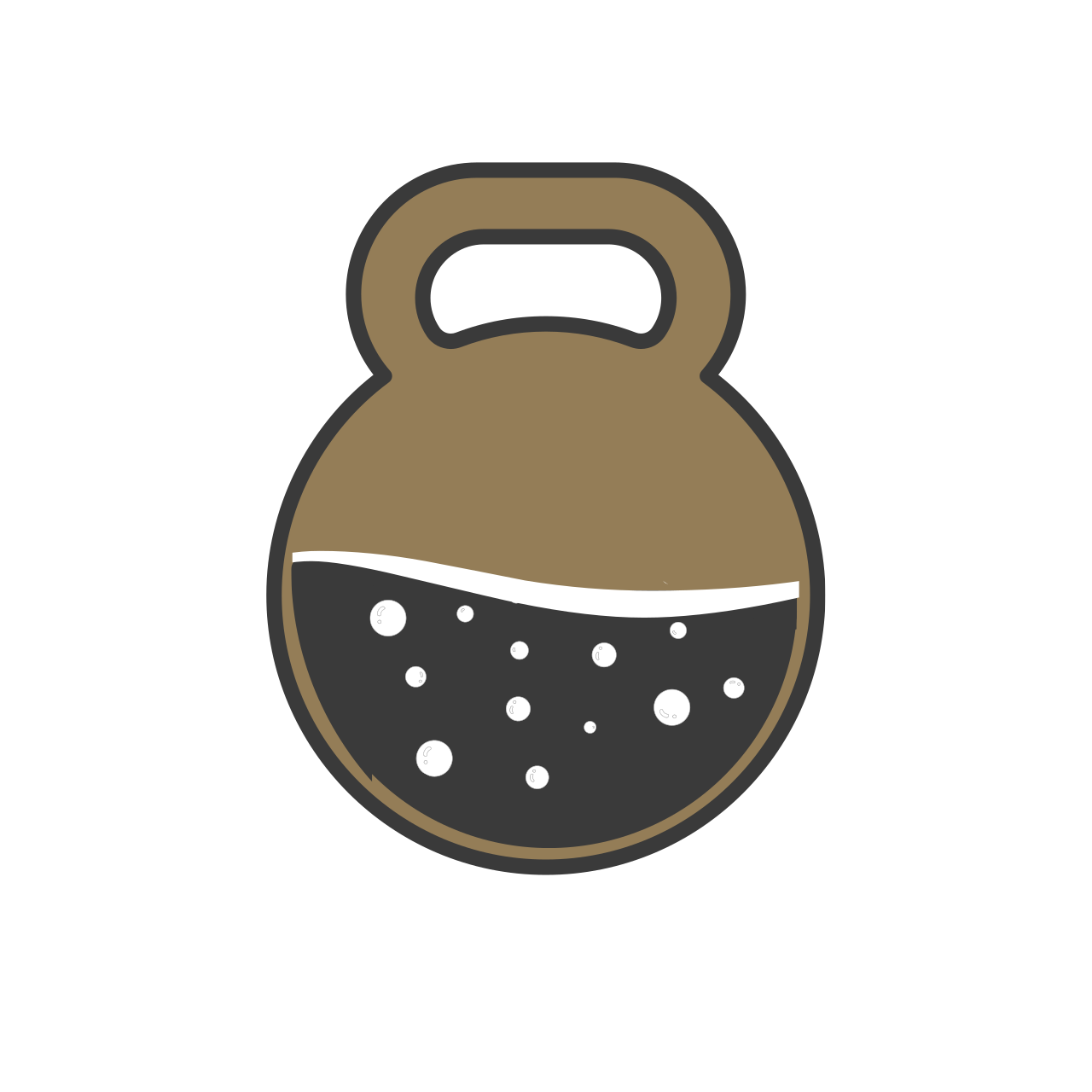What the Research Really Says About Creatine—and Why You Should Add It to Your Routine
Creatine is one of the most studied supplements in sports nutrition, yet it’s still surrounded by myths and confusion. Let’s cut through the noise and look at what science actually shows about creatine and how adding it to your routine can improve your training and recovery.
1. The Basics: What Is Creatine?
Creatine is a naturally occurring compound found in your muscles and brain. Your body makes some on its own, and you also get it from foods like red meat and fish. But supplementing with creatine boosts your body’s stores beyond what diet alone can provide.
Think of it like topping off your “energy tank.” Creatine helps regenerate ATP—the energy currency your muscles use for explosive movements like sprinting, jumping, or lifting heavy weights.
2. What Studies Show About Creatine
Strength and Power Gains
Research consistently shows that creatine improves strength, power, and sprint performance. Meta-analyses covering hundreds of studies conclude that creatine supplementation leads to greater improvements in weightlifting performance and lean muscle mass compared to training alone.
Short-term performance: Creatine improves maximal strength (1RM lifts), sprint ability, and repeated high-intensity effort.
Long-term training: Over weeks of training, participants taking creatine gained more muscle and strength compared to placebo groups.
Muscle Growth
Studies indicate creatine contributes to greater muscle hypertrophy. Some of this is due to water being pulled into the muscle cells, but long-term research shows true muscle fiber growth as well.
Endurance & Recovery
While creatine shines in strength and power sports, studies also suggest benefits for endurance athletes. Supplementation may improve recovery between intervals, reduce muscle damage markers, and support glycogen storage.
Brain & Cognitive Health
Emerging research points to creatine’s role in the brain. Studies suggest that higher doses (up to 8–10 g/day) may reduce mental fatigue, support memory, and improve cognitive function under stress—potentially a game-changer for busy professionals and athletes alike.
3. How to Use Creatine Effectively
Dosage: The gold standard is 3–5 g per day. Some studies test higher amounts (up to 10 g/day), which may benefit brain health, but most people see great results at the standard dose.
Timing: Take it daily—timing matters less than consistency. Splitting higher doses into two servings (e.g., morning and afternoon) may reduce stomach discomfort.
Safety: Long-term research shows creatine is safe for healthy individuals, with minimal side effects (occasional GI upset if taken in large single doses).
4. Why You Should Add It to Your Routine
If you’re lifting: Expect better strength, more reps, and faster gains.
If you’re training for performance: Creatine helps with repeated sprints, explosive moves, and quicker recovery.
If you’re chasing overall health: The potential brain, mood, and recovery benefits make creatine one of the most cost-effective supplements out there.
Final Takeaway
Creatine isn’t hype—it’s hard science. Whether your goal is to lift heavier, run faster, or recover smarter, supplementing with creatine can give you an edge. At Control Lab, we recommend it as one of the few supplements truly worth your money.
Pro tip: Pair your creatine routine with consistent training and solid nutrition. Supplements enhance the work—you still have to put in the reps.

